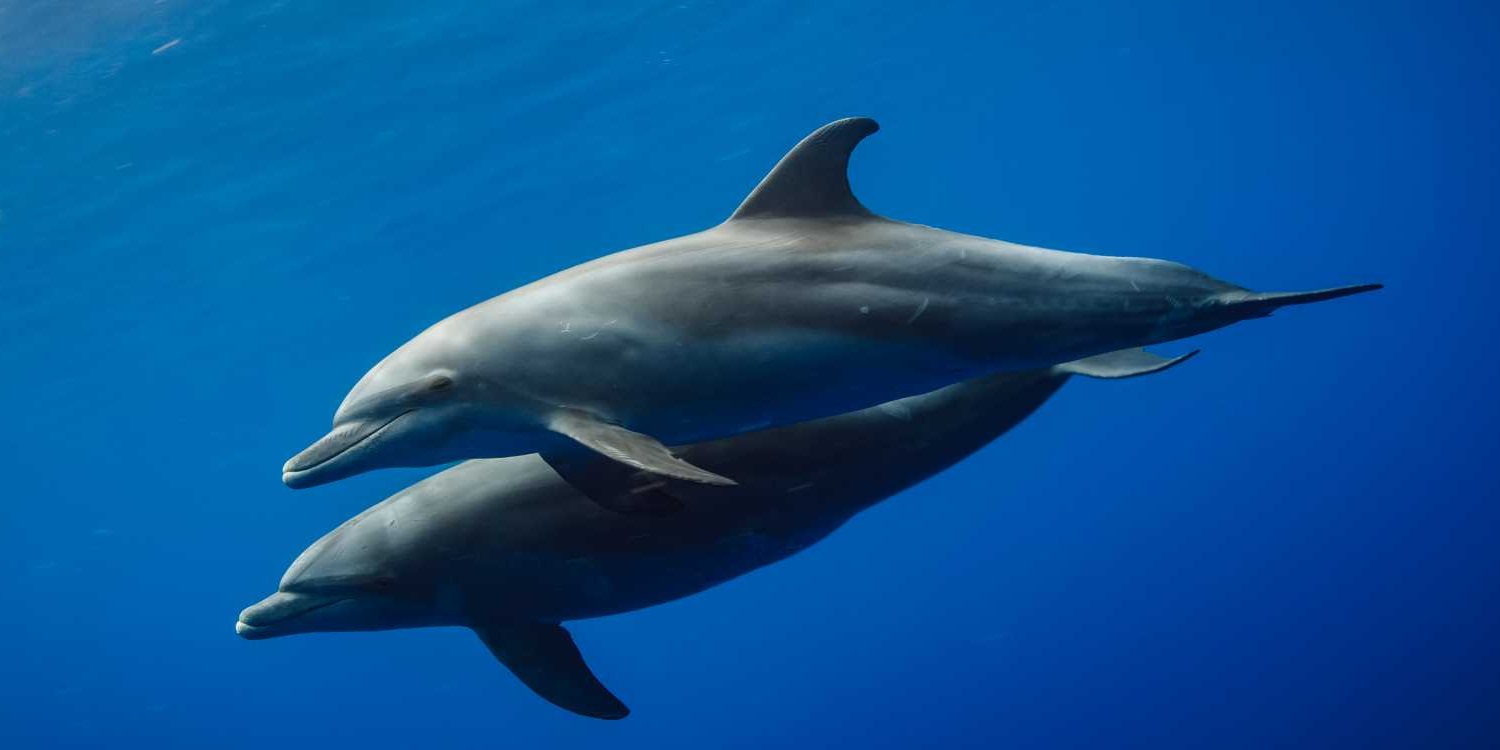A new study suggests that increasing levels of human noise have a negative impact on bottlenose dolphins, hindering their ability to communicate and cooperate effectively. The research shows that to overcome this, dolphins may resort to shouting louder. The study states that in recent decades, there has been a big increase in human-made noise pollution in the oceans.
Bottlenose Dolphins Shout When Necessary

Efficiency in foraging cooperatively can have a negative impact on individual and population health for animals, including bottlenose dolphins. A study was conducted on two male dolphins named Delta and Reese, where they were observed performing a cooperative task that required them to push a button in different locations within one second of each other. The task was completed under different noise conditions, such as low, medium, high, very high noise, or ambient control – 40 trials were conducted for each condition. The noise was broadband-filtered noise or that of a pressure washer used to clean the lagoon.
Dolphin Shouts Don’t Help Much

The amplitude of whistles increased as noise levels increased, with an increase of 0.08 decibels per one decibel of noise for Reese and 0.14 decibels per one decibel of noise for Delta. The duration of whistles also increased, with Reese lengthening them by 2.8 milliseconds per decibel of noise and Delta by 7.2 milliseconds per decibel of noise. In the very high noise trials, the average duration of Reese’s and Delta’s whistles were 1.85 and 1.66 times longer, respectively, compared to the ambient noise control.
As noise levels increased, Reese and Delta were observed to be more likely to visit the opposite end of the lagoon and come closer to each other. However, there was no indication that they spent more time in sustained close physical proximity. The study authors also highlighted that recent research has demonstrated that bottlenose dolphins’ hearing sensitivity is directional, not just for echolocation clicks but also for communication signals. As a result, the dolphins were more likely to orient toward each other as noise levels increased.

Despite using compensatory mechanisms, the success rate of the task dropped from 85% in the control trials to 62.5% in the very high noise trials. This suggests that despite the dolphins’ use of these mechanisms, their communication was still impaired by noise. Despite being highly motivated and familiar with the task, the noise still affected their ability to coordinate successfully.
Bottlenose dolphins are not the only species known to increase vocalization in response to human noise, other species, such as the Eastern Bluebirds, have been observed to increase the volume and pitch of their songs in noisier environments. Research from 2015 and 2016 showed that noise from ships could impair the communication of Orcas. A study in 2019 demonstrated that human noise pollution could threaten the survival of various species, both on land and in water.